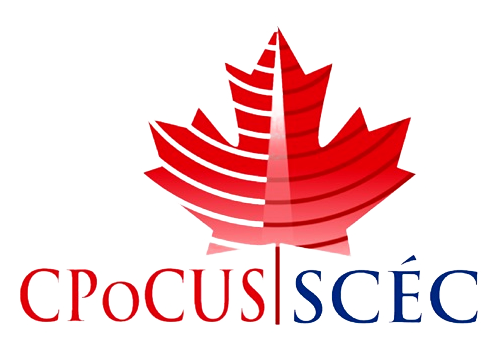Train
Read the RESUS curriculum
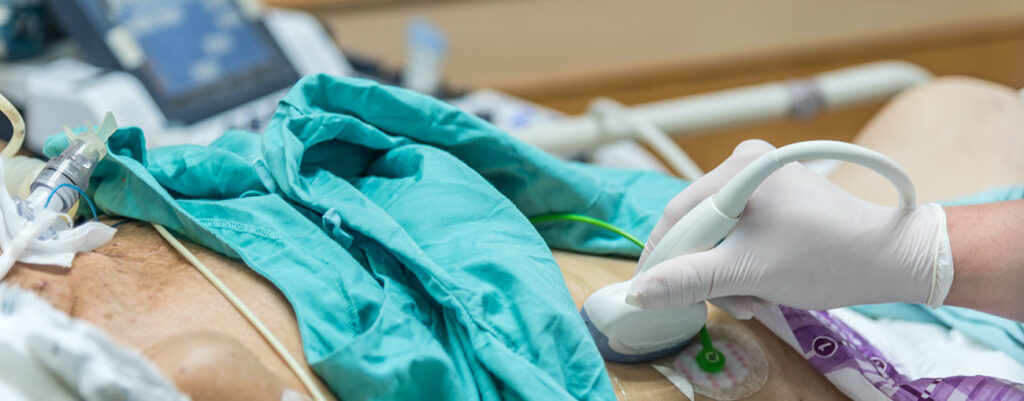
Learn with text and diagrams
This advanced curriculum teaches clinicians POCUS skills for managing undifferentiated shock, dyspnea, and chest pain. It includes protocols for image generation, image identification, and clinical integration. All examination questions are based on the curriculum.
SECTION 1
POCUS
basics
5 modules with diagrams
- Ultrasound controls
- Physics of ultrasound
- Probe movements
- Probe types
- System care
SECTION 2
Advanced skills for certification
5 modules
- Cardiac-PSL
- Cardiac-PSA
- Cardiac-A4C
- Respiratory distress lung
- Comprehensive lung
- IVC
Sign up for a course
The following RESUS courses are offered by independent organizations
(listed alphabetically A-Z, in next 6 months)
Certain courses are CPoCUS-accredited by meeting
CPoCUS quality and training criteria
Note: CPoCUS does not determine course fees or cancellation policies
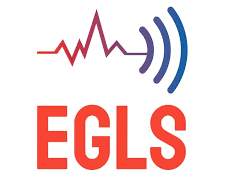
Bootcamp EGLS
- IP certification courses
Ateliers pratiques de deux jours avec examens pour fournir une certification de praticien indépendant.
17-18 avril, 2026
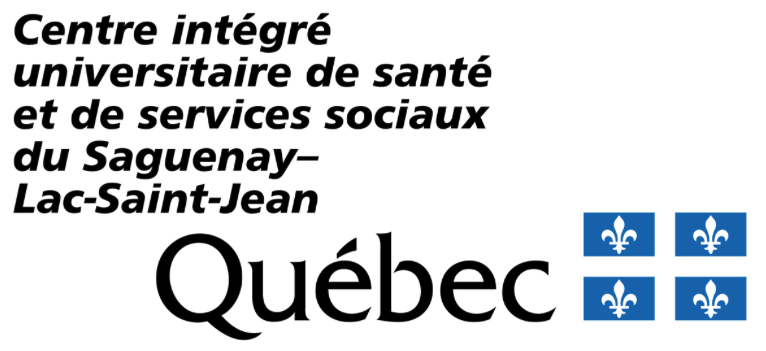
CIUSSS Saguenay-Lac-St-Jean
- IP certification courses
Ateliers pratiques de trois jours avec examens pour fournir une certification de praticien indépendant.
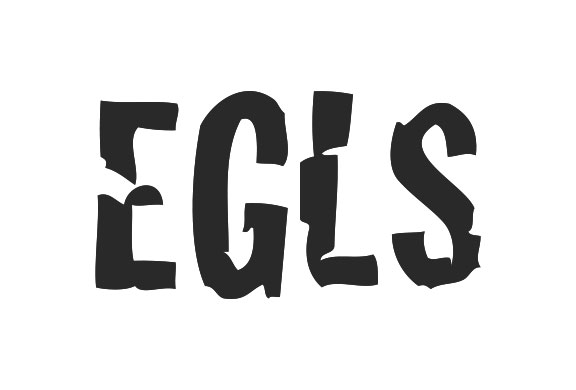
ECHO Guided Life Support
- Introductory courses
The courses are designed so that participants can spend as much time as possible practising the techniques demonstrated in the theoretical sections.
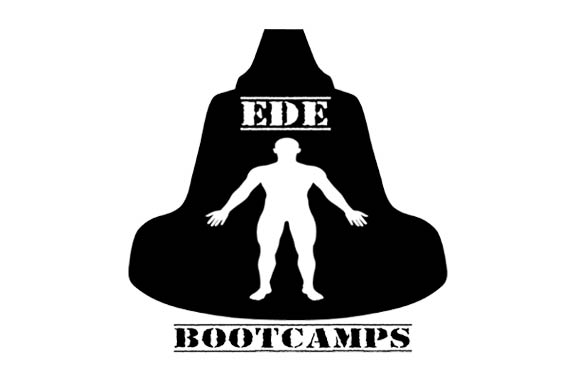
EDE Bootcamp
- IP certification courses
Three-day hands-on workshops and exams designed to provide certification in point of care ultrasound.


EDE2
- Advanced courses
Two-day course that takes the seasoned practitioner to the next level. Un cours avancé qui permet aux cliniciens chevronnés d'approfondir leurs compétences.
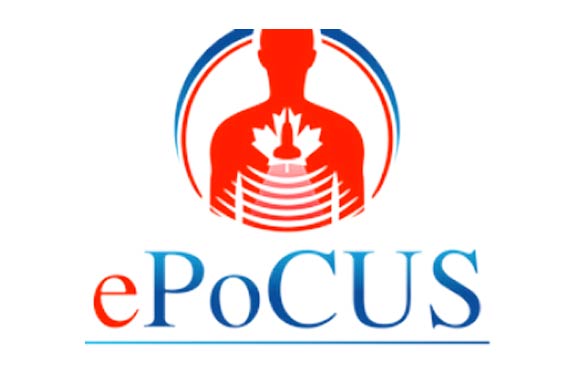
ePoCUS Essentials
- IP certification courses
Advanced IP certification courses providing POCUS instruction on RESUS indications.
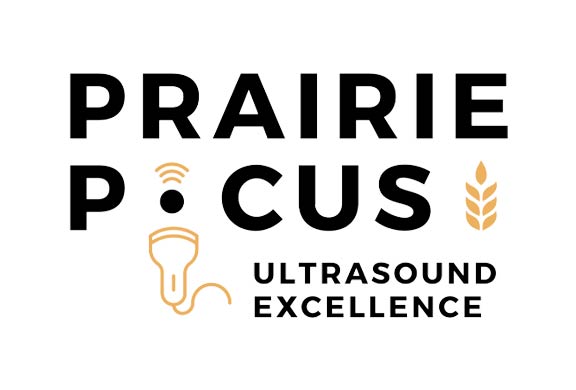
Prairie Pocus
- Introductory courses
- IP certification courses
The courses are designed so that participants can spend as much time as possible practising the techniques demonstrated in the theoretical sections.

Rural Coordination Centre
(University of British Columbia)
Full day of POCUS skills and applications. This event will consist of live scanning stations and key talks on various topics, such as cardiology, MSK, and ocular.

SONO Manitoba
(University of Manitoba)
- IP certification courses
Three-day hands-on workshops and exams designed to provide certification in point of care ultrasound.

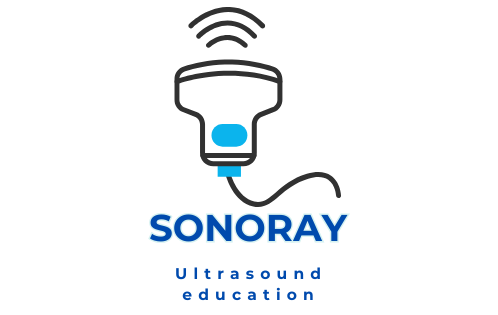
SonoRAY IP Certification
- IP certification courses
Three-day hands-on workshops and exams designed to provide certification in point of care ultrasound.
CERTIFY
How to get certified
as an Independent Practitioner (IP)
IP candidate completes a CPoCUS-accredited RESUS introductory course
IP candidate completes logged scan requirements supervised by a RESUS Track Instructor
IP candidate passes three examinations with a RESUS Track Instructor
RESUS Track Instructor submits an IP request for the IP candidate
IP candidate pays one-time certificate fee to finalize IP certification
IP candidate receives IP number and RESUS IP certificate
Brief overview of certification examinations
You must be a CPoCUS member to attempt any examination
All examination questions are based on the curriculum
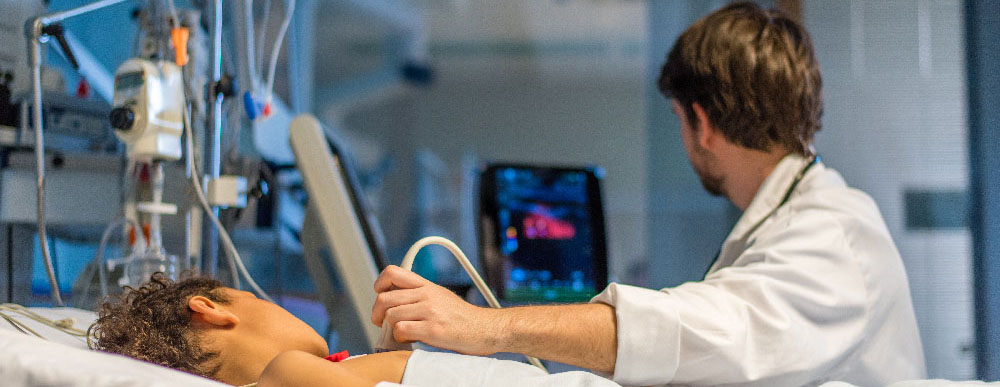
Written examination assesses knowledge base.
The Written exam is conducted on a computer (one examiner supervises many candidates).
Pass score of 85%.
The Written exam is an online, multiple choice, closed book examination with 20-80 questions. If the candidate fails the first attempt, they receive a report detailing incorrect answers. Candidates may re-write the examination the next day.
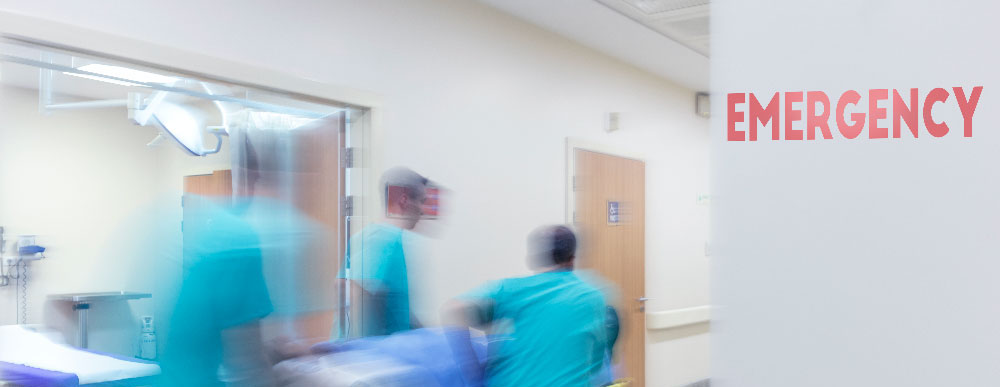
Visual examination assesses image interpretation and ability to integrate POCUS findings into clinical care.
The Visual exam is conducted on a computer (one examiner supervises one candidate).
Pass score of 85%.
The Visual exam uses an online interactive video presentation. The examiner asks the candidate to interpret images and videos, and incorporate findings into case scenarios.
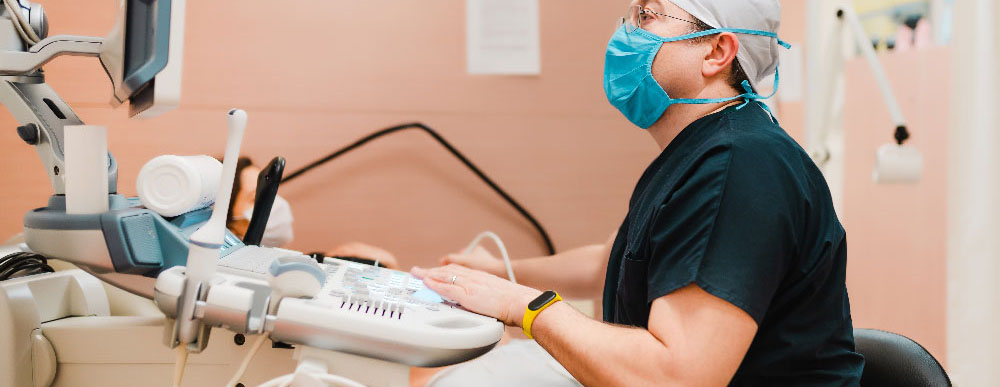
Practical examination assesses image generation.
The Practical exam is conducted on a standardized patient (one examiner supervises one candidate).
Pass score of 100%.
The Practical exam is an in-person scanning examination. The examiner uses a detailed checklist of essential techniques to assess the candidate.
The candidate should perform the techniques without hesitation and without prompting from the examiner.
